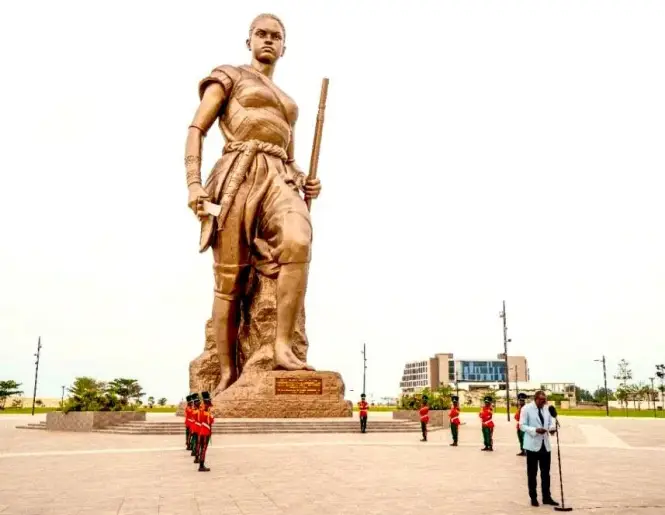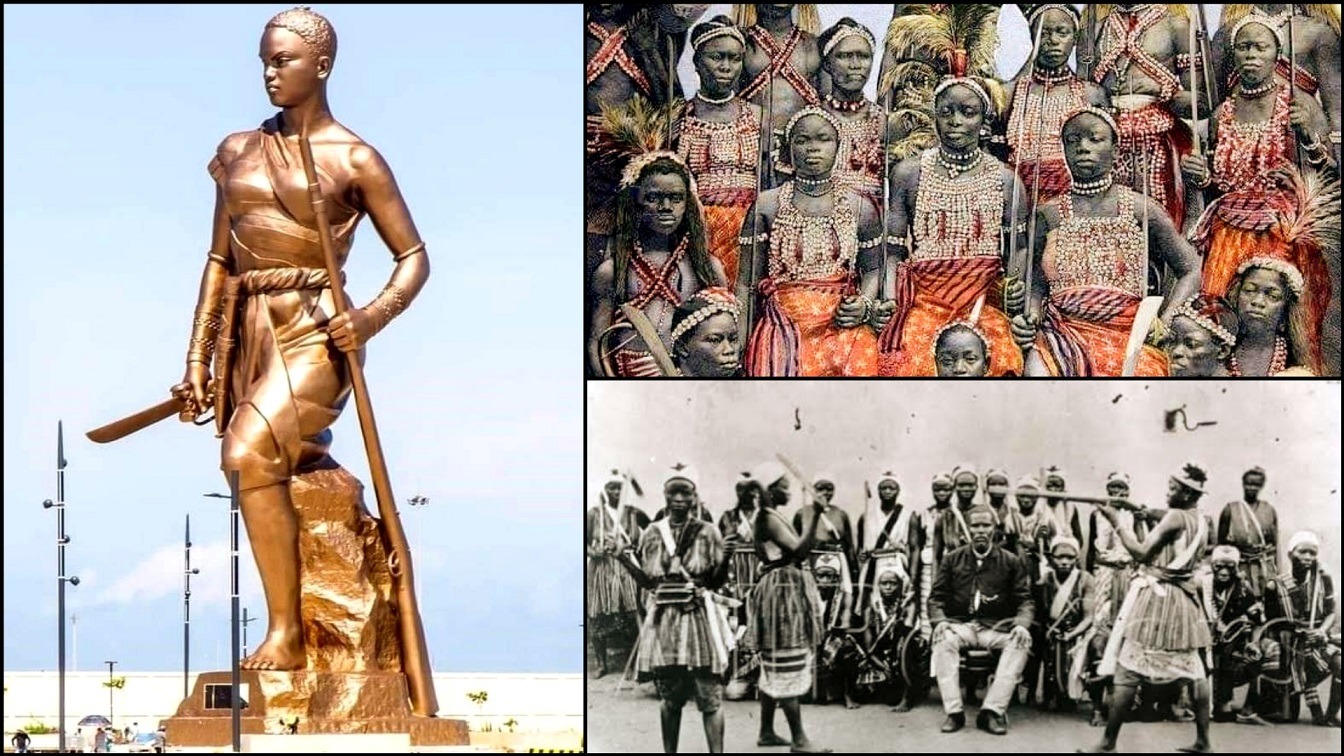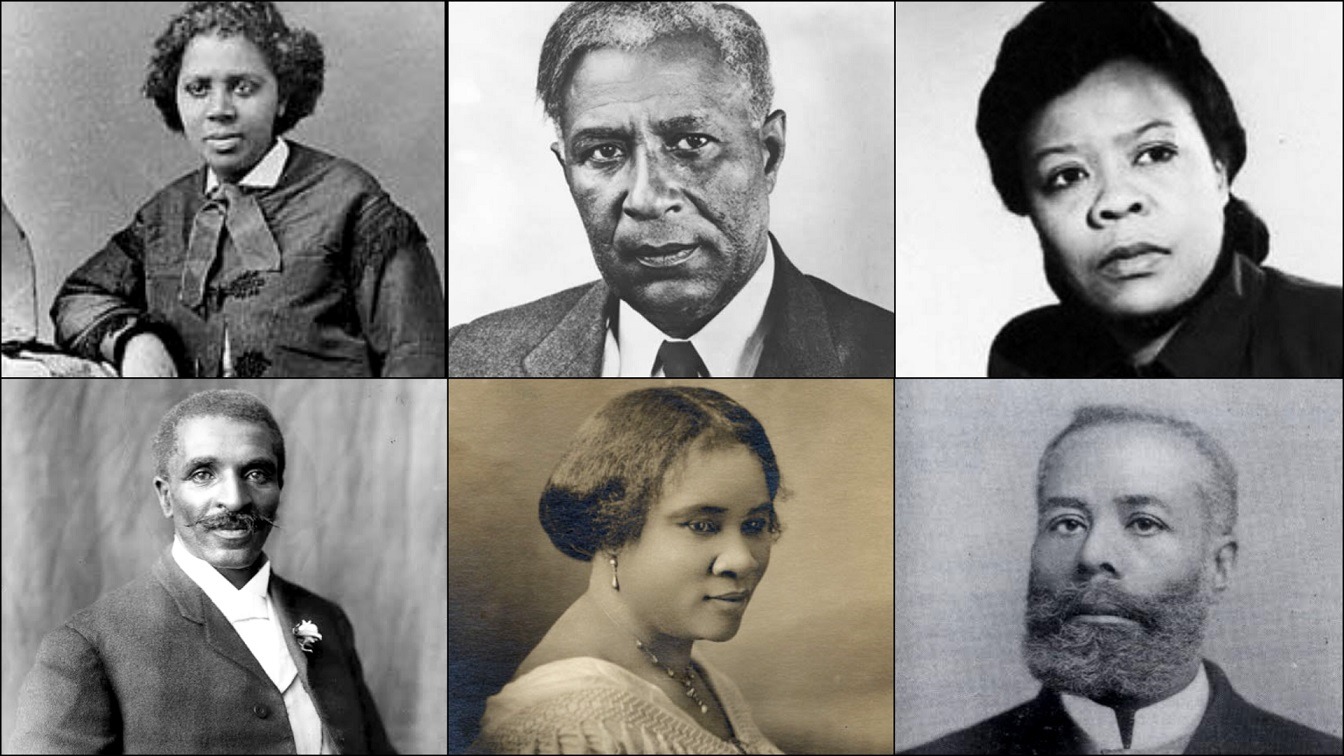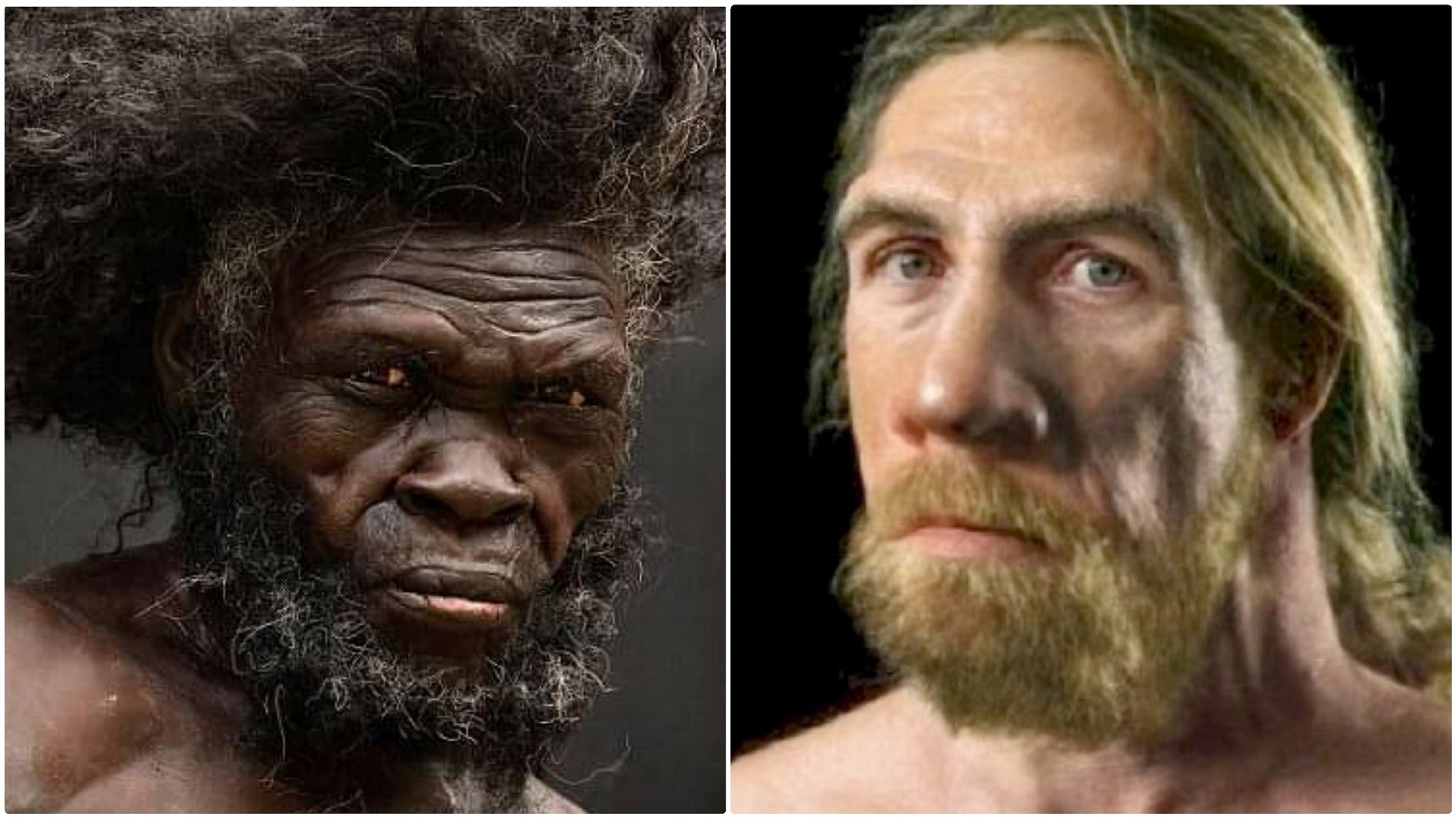The Amazons of Dahomey are the world’s only documented female army and one of the world’s unsolved mysteries. While the West turns their story into fetishized cinema, their homeland has immortalized them in bronze.
The ‘Esplanade des Amazones’ is a public square in the Benin capital of Cotonou. It is home to the ‘Amazon,’ a 30-meter-tall statue dedicated to the world’s only all-female army. These Amazons were part of the Kingdom of Dahomey, a West African empire that reigned from 1625 to 1894. It’s unclear how they came to be or what their original purpose was. According to some sources, they were elephant hunters whose power was redirected to fighting neighboring tribes and, eventually, the French. According to other sources, they were royal guards for the long-forgotten Queen Tassi Hangbe.

She was the first Amazon, according to historian Bienvenu Akoha, who believes in the latter version of events. She was publicly proclaimed Queen of Dahomey once she returned from her military campaigns after being “silently installed” as the head of the military following the death of her twin brother King Akaba. During her brief reign (before being deposed by her brother), Queen Hangbe allowed women to engage in activities that had previously been prohibited, such as hunting. She gradually grew an all-female battalion. The Amazons of Dahomey were recruited and trained at a young age, making them ruthless and “more efficient warriors” than men.
These warriors later served the Kings who succeeded Queen Hangbe. King Gezo, who ruled Dahomey from 1818 to 1858, was one of them. He officially integrated the Amazons into his army and appointed Seh Dong Hong Beh as their leader. In 1851, she led 6,000 female warriors in a war against the Egba fortress of Abeokuta. She not only took the fortress, but she also took slaves and decapitated the leader for refusing to recognize her because she was a female warrior. Seh-Dong and the Amazons defeated French colonists over trading rights in 1882, despite having fewer weapons. According to UNESCO, the Dahomey women’s army existed until the Dahomey Kingdom fell at the end of the nineteenth century.
The Amazon Statue in Cotonou
This rich and unique history, which was once on the verge of extinction, has been immortalized in a bronze 30m statue in Cotonou, Benin’s economic hub. The Amazon in the statue is armed with a machete and a rifle, a reference to their alleged motto, “Win or Die.”
Benin has used the example of Senegal’s Renaissance monument to pay homage and engrave the memory of the fearless women who protected and served their native land in order to reclaim its past and correct biased historical accounts.
“The French made sure this history was not known,” said Beninese economist Leonard Wantchekon, a Princeton University professor of international affairs, to the Washington Post. “They said we were backward and needed to be ‘civilized,’ but they destroyed opportunities for women that existed nowhere else in the world.”
Along with the restitution of historical treasures and the creation of Africa’s longest graffiti mural (a visual spectacle over 940 meters long that celebrates Benin’s rich history from 1150 to the present), the statue is another valorization of Benin’s history and culture, as well as a tourism attraction true to the country’s identity.
Viola Davis, an American actor, is set to give a stirring performance in “The Woman King.” The events of the Kingdom of Dahomey and the legacies of the actual Dahomey Amazons inspired Sony’s upcoming historical action epic. W we are looking forward to seeing other Africans in the ensemble, Thuso Mbedu (South Africa), Masali Baduza (South Africa), Chioma Antoinette Umeala (Nigeria), Makgotso Monyemorathoe (South Africa), Thando Dlomo (South Africa), Jimmy Odukoya (Nigeria), Tuks TAD Lungu (Zimbabwe), Sivuyile Ngesi (South African) and the Legend Angélique Kidjo.






